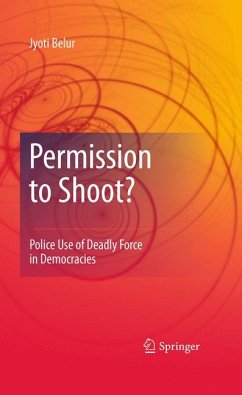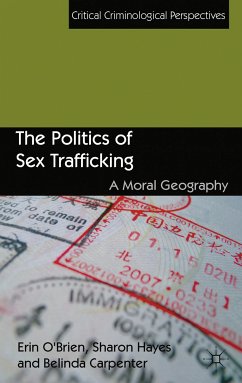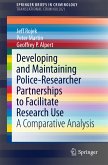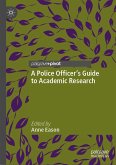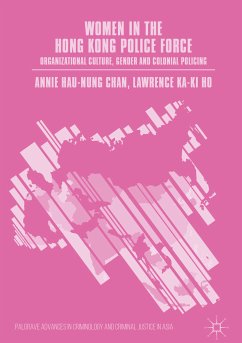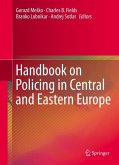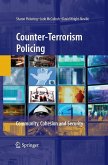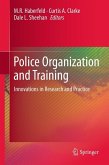Extrajudicial executions by law enforcement officers have blighted parts of the world for generations, but criminological coverage has been superficial and selective. It has often been presented as a problem specific to countries associated with military rule, dictatorial regimes and colonial heritage. Permission to Shoot?: Police Use of Deadly Force in Democracies brings a new dimension to the problem of police abuse of deadly force by concentrating on the social and political settings in India and the United States, both large democracies and vibrant superpowers. The research in the book is based on primary sources-interviews with police officers of varying ranks: with those who are involved in the killings; with those who facilitate such operations, and with those who are mute spectators. The book deals with universal, fundamental themes such as: . Why is it that in a democratic country the abuse of police powers can appear to be overtly and tacitly encouraged? .What motivational techniques and justifications are used to override social norms governing moral conduct, centring on the sector of society mandated to use deadly force against civilians? . What makes ordinary, decent human beings do horrible things? Permission to Shoot? seeks to provide broad guidelines and recommendations for reforms in policing policy and practice. The research peels back the opaque communication that often surrounds this issue, but more than that it shows how that kind of communication acts to support the practice itself.
Dieser Download kann aus rechtlichen Gründen nur mit Rechnungsadresse in A, B, BG, CY, CZ, D, DK, EW, E, FIN, F, GR, HR, H, IRL, I, LT, L, LR, M, NL, PL, P, R, S, SLO, SK ausgeliefert werden.

